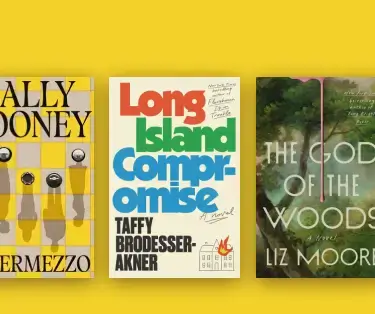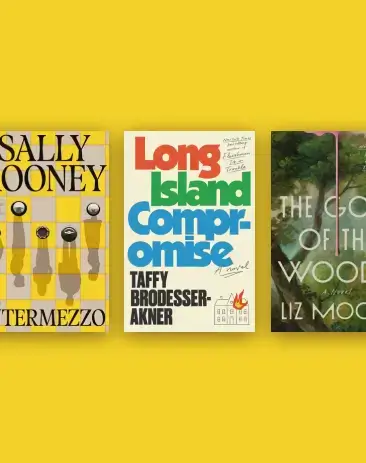The co-op bookstore for avid readers

Fifty Sounds: A Memoir of Language, Learning, and Longing
Critic Reviews
Good
Based on 9 reviews on

"The language learning I want to talk about is sensory bombardment. It is a possession, a bedevilment, a physical takeover," writes Polly Barton in her eloquent treatise on this profoundly humbling and gratifying act. Shortly before graduating with a degree in philosophy from the University of Cambridge, Barton on a whim accepted an English-teaching position in Japan. With the characteristic ambivalence of a twenty-one-year-old whose summer--and life--stretched out almost infinitely before her, she moved to a remote island in the Sea of Japan, unaware that this journey would come to define not only her career but her very understanding of her own identity.
Divided into fifty onomatopoeic Japanese phrases, Fifty Sounds recounts Barton's path to becoming a literary translator fluent in an incredibly difficult vernacular. From "min-min," the sound of air screaming, to "jin-jin," the sound of being touched for the first time, Barton analyzes these and countless other foreign sounds and phrases as a means of reflecting on various cultural attitudes, including the nuances of conformity and the challenges of being an outsider in what many consider a hermetically sealed society.
In a tour-de-force of lyrical, playful prose, Barton recalls the stifling humidity that first greeted her on the island along with the incessant hum of peculiar new noises. As Barton taught English to inquisitive middle school children, she studied the basics of Japanese in an inverse way, beginning with simple nouns and phrases, such as "cat," "dog," and "Hello, my name is." But when it came to surrounding herself in the culture, simply mastering the basics wasn't enough.
Japanese, Barton learned, has three scripts: the phonetic katakana and hiragana (collectively known as kana) and kanji (characters of Chinese origin). Despite her months-long immersion in the language, a word would occasionally produce a sinking feeling and send her sifting through her dictionaries to find the exact meaning. But this is precisely how Barton has come to define language learning: "It is the always-bruised but ever-renewing desire to draw close: to a person, a territory, a culture, an idea, an indefinable feeling."
Engaging and penetrating, Fifty Sounds chronicles everything from Barton's most hilarious misinterpretations to her new friends and lovers in Tokyo --and even the influence of Ludwig Wittgenstein's transformative philosophy. A classic in the making in the tradition of Anne Carson and Rachel Cusk, Fifty Sounds is a celebration of the empowering act of learning to communicate in any new language.
Book Details
- Publisher: Liveright Publishing Corporation
- Publish Date: Mar 15th, 2022
- Pages: 384
- Language: English
- Edition: undefined - undefined
- Dimensions: 8.35in - 5.43in - 1.42in - 1.15lb
- EAN: 9781324091318
- Categories: • Memoirs• Women• Linguistics - Etymology
About the Author
What people are saying
Writing, editing, and languages person. Work @nytimes @TheAtlantic @newrepublic etc. Editor-at-large @JoylandMagazine. Formerly @fulbrightbrasil and @osu_MFA. Ⓥ
Just finished @pollyfmbarton's brilliant FIFTY SOUNDS. I'm in for one hell of a book hangover.
Founded by abolitionists in 1865. Committed to progressive journalism. Subscribe: https://t.co/iJh9hpMCwv.
The translator is, for a reader, almost as important as the author—that the translator's invisibility is a myth, and also perhaps an injustice. The translator Polly Barton’s "Fifty Sounds" shows why. https://t.co/FyXZNyaBhd
Creating new possibilities in the publishing of fiction & poetry through a flexible, interdisciplinary approach & the production of unique & beautiful books.
Jen Calleja takes the Vehicle tour to @bookhaus2 in Bristol next Tuesday! Jen will be in conversation with Polly Barton, author of Fifty Sounds and Porn: An Oral History (@FitzcarraldoEds). Tickets £5 with a free drink/£2 off the book: https://t.co/hpwOSdjwC7 https://t.co/CqrR7lkqF7


















